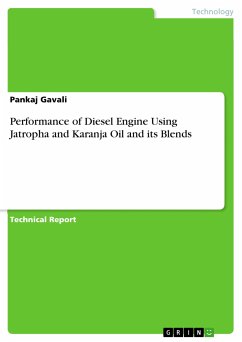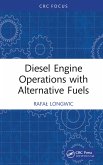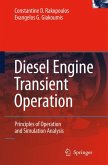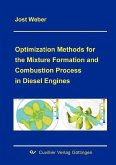Technical Report from the year 2022 in the subject Engineering - Mechanical Engineering, , course: Mechanical, language: English, abstract: Biomass derived vegetable oils are quite promising alternative fuels for agricultural diesel engines. Use of vegetable oils in diesel engines leads to slightly inferior performance and higher smoke emissions due to their high viscosity. The performance of vegetable oils can be improved by modifying them through the transesterification process. In the present work, the performance of single cylinder water-cooled diesel engine using methyl-ester of Jatropha and Karanja oil as fuel was evaluated for its performance and exhaust emissions. The fuel properties of biodiesel such as kinematic viscosity, calorific value, flash point, carbon residue and specific gravity were found. Results indicated that B25 has closer performance to diesel and B100 has lower brake thermal efficiency, mainly due to its high viscosity compared to diesel. The brake thermal efficiency for biodiesel and its blends was found to be slightly higher than that of diesel fuel at tested load conditions and there was no difference between the biodiesel and its blended fuels efficiencies. For Jatropha and karanja biodiesel and its blended fuels, the exhaust gas temperature increased with increase in power and amount of biodiesel. But, diesel blends showed reasonable efficiency, lower smoke, CO2, CO and HC.
Dieser Download kann aus rechtlichen Gründen nur mit Rechnungsadresse in A, B, BG, CY, CZ, D, DK, EW, E, FIN, F, GR, HR, H, IRL, I, LT, L, LR, M, NL, PL, P, R, S, SLO, SK ausgeliefert werden.









